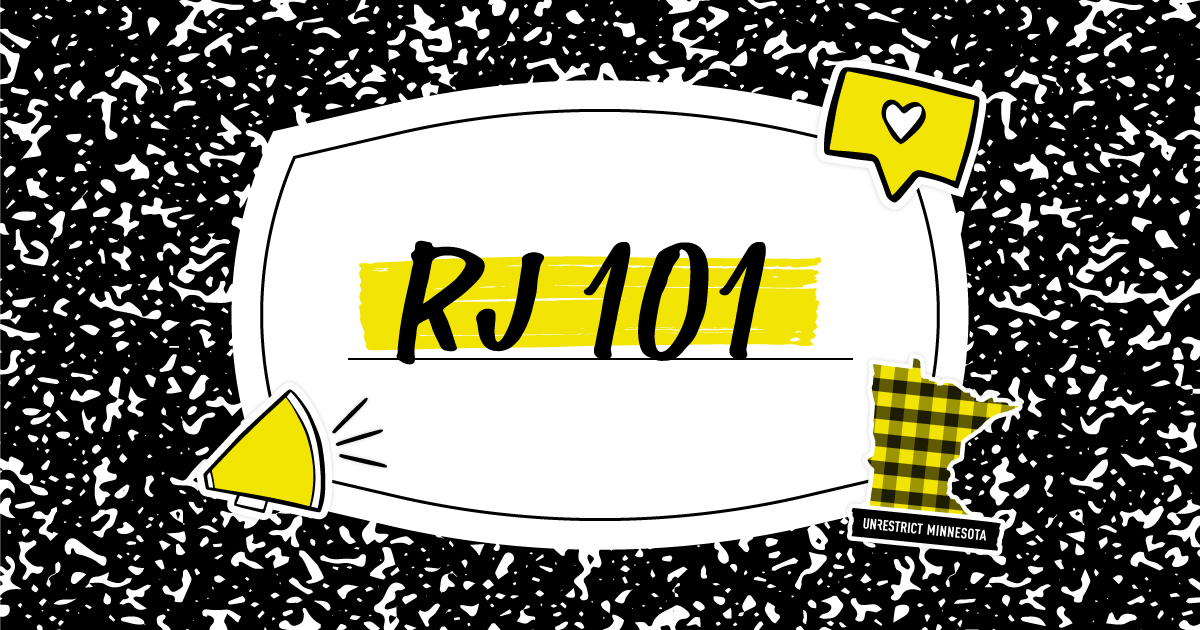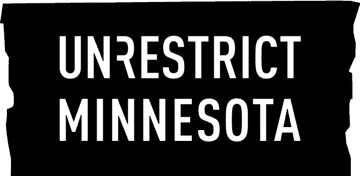Reproductive Justice 101

The terms “Reproductive Justice”, “Reproductive Rights”, and “Reproductive Health” are becoming quite ubiquitous in our everyday language, but what does each term mean and what is the difference between them?
The “reproductive rights” framework is a legal and advocacy-based model that serves to protect an individual woman’s legal right to reproductive health care services with a focus on keeping abortion legal and increasing access to family planning services.
When it comes to “reproductive health”, the central theme of this framework is that health disparities and inequalities can be improved by the creation and development of progressive health care clinics and agencies which will ensure women have access to a full range of reproductive health services and are empowered to understand their health care needs. The focus is on addressing current health inequities and providing culturally competent services for historically marginalized communities at low or no-cost.
“Reproductive justice” is a blend of the terms “reproductive rights” and “social justice” and is defined by SisterSong Collective as, “The human right to maintain personal bodily autonomy, have children, not have children, and parent the children we have in safe and sustainable communities.”
The term “reproductive justice” was first used in 1994 at the Black Women’s Caucus in Chicago. Black women attending the caucus had recently returned from the International Conference on Population and Development in Cairo, which was focused on human rights concepts. The caucus identified that the Human Rights model provided more possibilities in addressing the struggles of people who can get pregnant, especially people of color, in the United States than the privacy concepts the pro-choice movement claims.
Reproductive justice analyzes how the ability of any person to determine their own reproductive destiny is linked directly to the conditions in their community—and these conditions are not just a matter of individual choice and access. The ability to make choices regarding reproduction have to be safe, affordable, and accessible; three minimal cornerstones of government support for all individual life decisions.
Key problems addressed by reproductive justice are the isolation of abortion from other social justice issues that concern low-income communities and communities of color: economic justice; environmental justice; immigrants’ rights; disability rights; discrimination based on race or country of origin; sexual orientation, gender identity, gender expression and a host of other community-centered concerns.
UnRestrict Minnesota operates within a reproductive justice framework. Our coalition is made up of more than 25 organizations dedicated to advancing reproductive health for all communities, people and emerging populations. Spiral Collective and Our Justice are the two leading reproductive justice organizations in Minnesota who provide the coalition with the guidance needed to operate within a reproductive justice lens.
SPIRAL Collective is a chronically ill, disabled, queer, trans, BIPOC-centered full spectrum reproductive and healing justice and care work collective. They provide radical, compassionate care in all pregnancy outcomes and experiences. In particular, they are committed to eliminating barriers to abortion access by honoring bodily autonomy and collective liberation.
Our Justice works to ensure that all people and communities have the power and resources to make sexual and reproductive health decisions with self-determination. Our Justice has always worked to provide people with the resources they need now, while also advocating for policy change that would make these resources more available and remove many of these challenges altogether.
Reproductive justice will be achieved when all people who can get pregnant have the economic, social, political power, and resources to make healthy decisions about our bodies, sexuality, and reproduction for ourselves, our families, and our communities in all areas of our lives.
We are in global solidarity with each other. UnRestrict Minnesota is a model not only for the midwest but for the world on how we can work in coalition to ensure that everyone has full access to comprehensive reproductive care—which includes abortion care.
